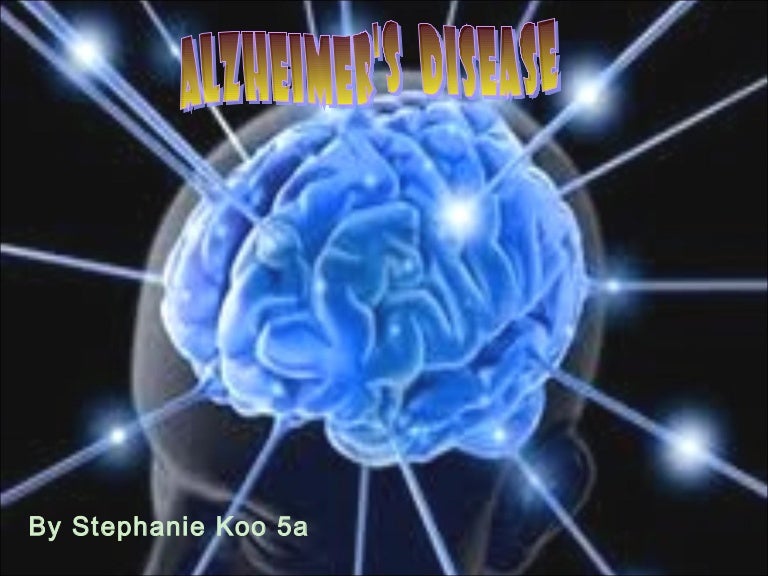
National Institute of Neurological Disorders and Stroke. If youre having trouble remembering things, or experiencing memory loss its important you find out why. Centers for Disease Control and Prevention. Recommended amount of sleep for a healthy adult: A joint consensus statement of the American Academy of Sleep Medicine and Sleep Research Society. Physical Activity Guidelines for Americans.Dementia prevention, intervention, and care. Risk factors for cognitive decline and dementia. Understanding memory loss: What to do when you have trouble remembering.Many medical conditions that cause memory loss are treatable when identified early. Getting a diagnosis is an important first step. However, about 14 to 18 of people over 70 have mild cognitive impairment. Understanding such changes can reduce anxiety and thus help older people adjust and compensate. cerebral angiography, which is an X-ray to see Usually, memory loss is caused by normal age-related changes in the brain and does not lead to dementia.electroencephalogram (EEG) to measure the.imaging tests such as magnetic resonance imaging.Including vitamin B-12 deficiency and thyroid disease blood tests to look for various conditions.cognitive testing to check your thinking ability.Your doctor should also give you a complete physical exam and ask about other physical symptoms.ĭepending on the findings of the exam, your doctor may refer you to a specialist, such as a neurologist, geriatrician, or mental health professional.

They may also ask a few questions to test your memory. Your doctor will ask questions about the specifics of your problems with memory. Bring a family member or trusted friend along to help you. Although it can strike earlier, this progressive disease generally affects people over age 65.Ī medical exam for memory loss will include a complete medical history. Long-term memories are usually stronger and last longer than memories of recent events. People with Alzheimer’s disease can quickly become confused and disoriented. Alzheimer’s DiseaseĪlzheimer’s disease impairs memory and affects reasoning, judgment, and the ability to learn, communicate, and perform everyday functions.

Dementia can be caused by a variety of diseases, the most common of which is Alzheimer’s disease. Dementia usually starts gradually and gets more noticeable as it progresses. People with dementia can also exhibit behavioral problems and mood swings. Dementia is progressive can include memory loss and difficulties with thinking, problem-solving or language, and is caused when the brain is damaged by. Other symptoms include difficulty with reasoning, judgment, language, and thinking skills. Progressive memory loss is a symptom of dementia. Some of these conditions are treatable and, in some cases, memory loss can be reversed. neurodegenerative illnesses such as Huntington’sĭisease, multiple sclerosis (MS), or Parkinson’s disease.mental disorders such as depression, bipolarĭisorder, schizophrenia, and dissociative disorder.cancer treatments such as chemotherapy,.use of alcohol or drugs and some prescription.Loss personally - remember that they can’t help it. Memory loss is severe, investigate home health care, assisted living, or nursing Arrange to have someone help in the home.Use photographs and familiar belongings to spark.Encourage them to remain socially active.

Use sticky notes around the house as reminders.
Memory loss update#

Coping with Memory Loss Coping with Your Own Memory Loss


 0 kommentar(er)
0 kommentar(er)
